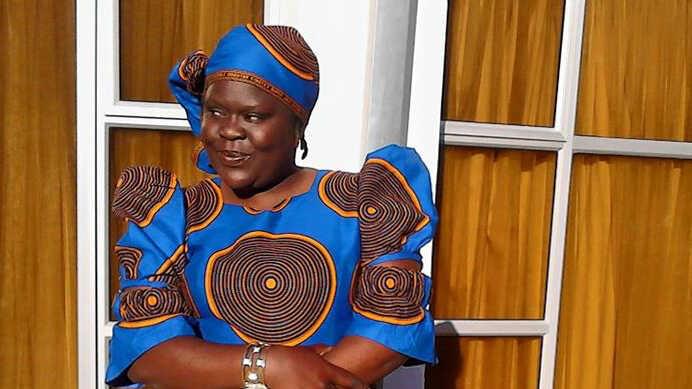ZIMBABWE’S governance and political systems have been identified as factors hindering the candidature of women in electoral processes. This came out during an engagement session of representatives from the country’s political parties organised by Women’s Academy for Leadership and Political Excellence (WALPE).
Speaking at the event LEAD president Linda Masarira said the status quo infringes on women who fail to stake a claim in the political scene.
“What we think should be done first and foremost is to move from the Westminster electoral system that we adopted from the Smith’s regime. The system is anti-women, it is anti-progress, it is retrogressive, violent. If we are to get to a stage where we achieve section 17 of the constitution of Zimbabwe the only way forward is to adopt a proportional representation system with the zebra list.
“That is the only way to achieve 50-50 gender equality. It is not a mammoth task for us to do this since we are already using this system to elect senators in Zimbabwe. What is just lacking is the political will to do so,” said Masarira.
This comes as the country has witnessed low female representation in the forthcoming elections. There are 70 women candidates running for National Assembly against 637 men in 210 constituencies. This translates to only 11 percent, a decrease from previous election figures which stood at 14 percent.
On the presidential ballot, United Zimbabwe Alliance leader Elisabeth Valerio had to seek the intervention of the High Court for the Zimbabwe Electoral Commission to accept her nomination papers. Consequently, Valerio is the only female candidate running for the country’s top post, another decline from the previous election.
Women have been reduced to spectators in this year’s plebiscite, watching from the sidelines. CCC aspiring member of Parliament Paidamoyo Masaraure speaking at the same event, said the quota system had opened an avenue for low candidature.
“The quota system for national assembly and council is a challenge for women’s participation. This is so because men end up negotiating with women not to take certain positions saying that they will be forwarded for council and national assembly proportional representation,” she said.
Source NewZimbabwe












